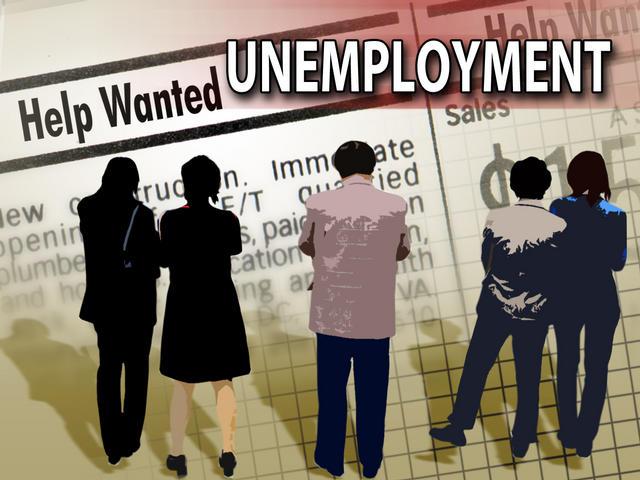
Being employed not only drives the industrial force of a nation, it also helps individuals gain a sense of pride and duty in their collective effort to contribute to the growth of their nation. Nigeria in decades has failed as nation, judging from all parameters to create the enabling environment for various sectors of the economy to be expanded to allow ideas to thrive.
Generally, an unemployed person is anyone who is not working but is looking, willing and available to take up work at the earliest opportunity. Statistically, the unemployment rate is defined as the proportion of the labour force that is available and looking for work during the reference period. Prior to May 2015, within the Nigerian context, any person in the labour force who did not work for up to 40 hours during the referenced week is considered to be unemployed but this method has been described as outdated and this led to a review of the unemployment rate methodology in the country to meet with “internationals standards”.
In September 2014, the National Bureau of Statistics (NBS) reviewed its definition of unemployment and according to the new parameters, one is only unemployed if he falls within the accepted working age of 15-64 years (what is called economically active population) and are looking for work but cannot find any work at all. So the unemployment rate or underemployment rate is of the labour force which in its self is a subset of the economically active population. So if all those between 0-15 years and above 65 years are excluded, then the economically active population can be calculated.
Going by the recent reports, the NBS has drastically scaled down the level of unemployment in the country to reflect the new methodology. In computing this data, the NBS stuck to the rate of people that were totally unemployed in the country and were actively searching for work, as against those that were underemployed. So, a PhD holder who is a taxi driver is not unemployed, but underemployed. But does this represent the realities on ground? Can unemployment really be said to be that low in the country?
In 2014, about 1.7million secondary school students wrote the JAMB examination nationwide, for less than 600,000 tertiary level spots in the country. The 1.7million is made up of fresh secondary school graduates and those who must have graduated earlier since the JAMB is only valid for one year. That leaves out about 800,000 who would not be admitted in that year alone. That is an additional 1.1million working group persons being absorbed into the labour market, inclusive of the over 500,000 that would graduate from tertiary institutions nationwide that year, and also drop outs from primary to junior secondary and senior secondary levels.
In a year alone, millions have been added to the workforce, which is already saturated with those yet to find jobs. If truly, only 6.4 percent of the over 70,000,000 of the workforce is unemployed, is the NBS saying alone those that became dropouts of employable age and those who successfully graduated are perhaps the majority of the unemployed data? In a nation where the cost of living is generally high, what are the realities that changed to bring about this sudden drastic reduction?
Despite the artificial reduction in official unemployment figures in the country, realities persist. Few new jobs are being created to meet the teeming increase in the labour force. Year in-year out, graduates are churned out in their hundreds of thousands and the labour market is unable to absorb them. One disturbing thing is the mind set enshrined in people that everyone must parade that much sought after paper called degree. Economies of great nations are driven mostly by technicians, skilled labourers and well trained workforce and artisans and the micro, small and medium enterprises. Most of these are not taught in the universities. Young people are groomed for employment market by polytechnics, monotechnics, technical and vocation colleges, but because Nigeria seems to value university degree more, less people are inclined to go for anything deemed less than a degree.
Again, saving face by artificially reducing unemployment figures does not also mean that enabling factors that facilitate or encourage business start-ups are on ground. From registration of business, to securing land or space to setting up the business and having it remain afloat remain quite challenging in the country. Business owners provide the power, water, security among other necessary infrastructure thus adding to the costs of doing business. It isn’t surprising that Nigeria is not a country of start-ups and businesses crumble as soon as they start.
